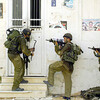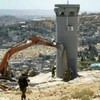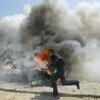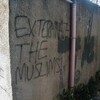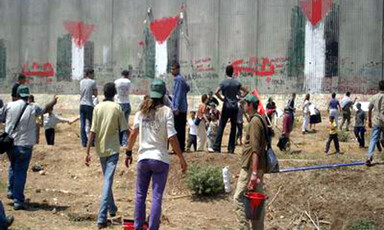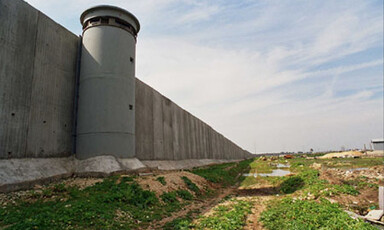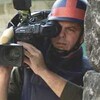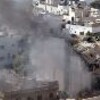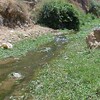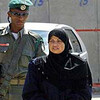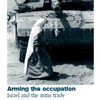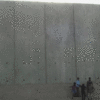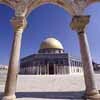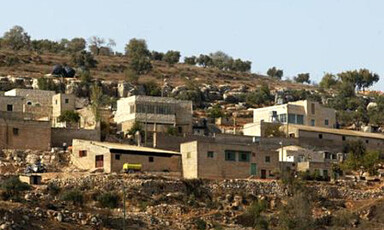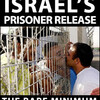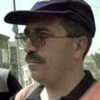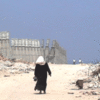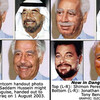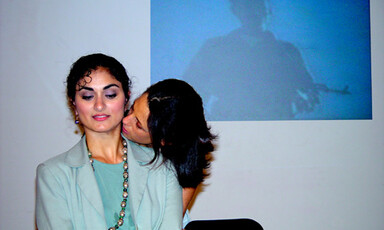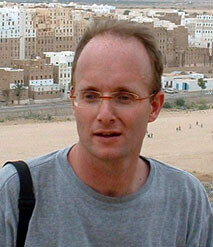
CAMERA's half-baked attack on Cook
30 August 2003
In the rare event of articles critical of Israel breaking into the mainstream US media, a flood of denunciations from letter writers and Zionist lobby groups usually follows. Editors insist that their coverage is not affected by such tactics. But the truth is that these well-financed groups believe it is worth investing huge amounts of time, energy, and money in organising these campaigns. On 27 May 2003, a commentary piece by British journalist Jonathan Cook, entitled “A cage for Palestinians: A 1,000-kilometer fence preempts the road map”, was published in the International Herald Tribune. EI’s Nigel Parry looks at one instance of the lobby in action. Read more about CAMERA's half-baked attack on Cook


